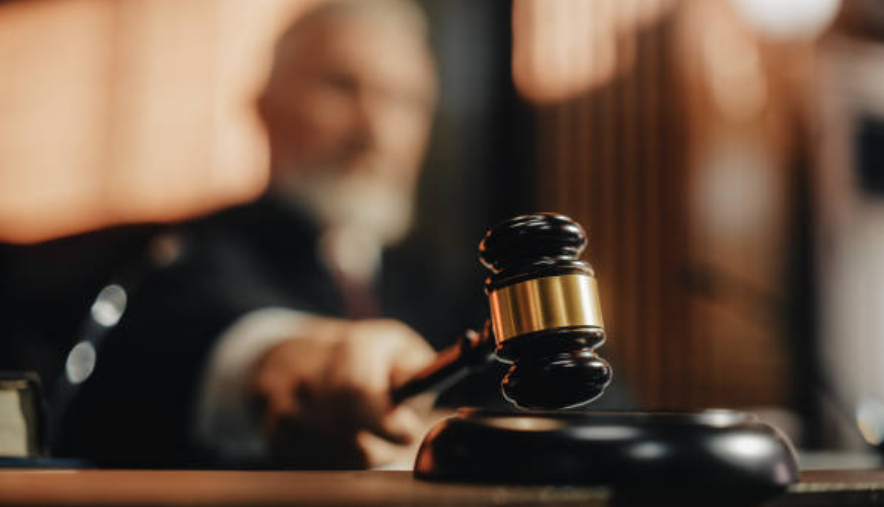Advantages of Trial by "Special Judge"
- Chris Wilmoth

- Jan 17, 2016
- 2 min read
Updated: Aug 25, 2023

Under Chapter 151 of the Texas Civil Practices and Remedies Code, parties to any civil litigation, including probate litigation, may choose to conduct a trial before a “Special Judge” instead of proceeding to trial before the probate court or a jury, and instead of pursuing expensive arbitration.
The requirements for trial by special judge follow:
The special judge selected must be a retired or former judge who has served for at least four years as judge of a district court, statutory county court, statutory probate court, or appellate court; has developed substantial experience in her area of specialty; has not been removed from office or resigned while under investigation for discipline or removal; and completes at least five days of continuing legal education annually.
The parties must file a written motion with the court announcing the referral, waiving the right to trial by jury, stating the issues to be referred (which can be all or any of the issues in the case) and stating the time and place agreed upon for trial and the name of the special judge.
The motion must state that the special judge has agreed to hear the case and the fee the parties have agreed to pay the special judge;
All statutes and rules governing procedure and evidence apply to the trial;
The trial before the special judge must be reported by a qualified court reporter;
Trial should be held at a non-public forum selected by the special judge (usually his or her law office); and,
The special judge’s verdict must be submitted within 60 days after conclusion of the trial.
Costs of the trial by special judge, including the fees of the judge and the court reporter, are shared equally by the parties.





